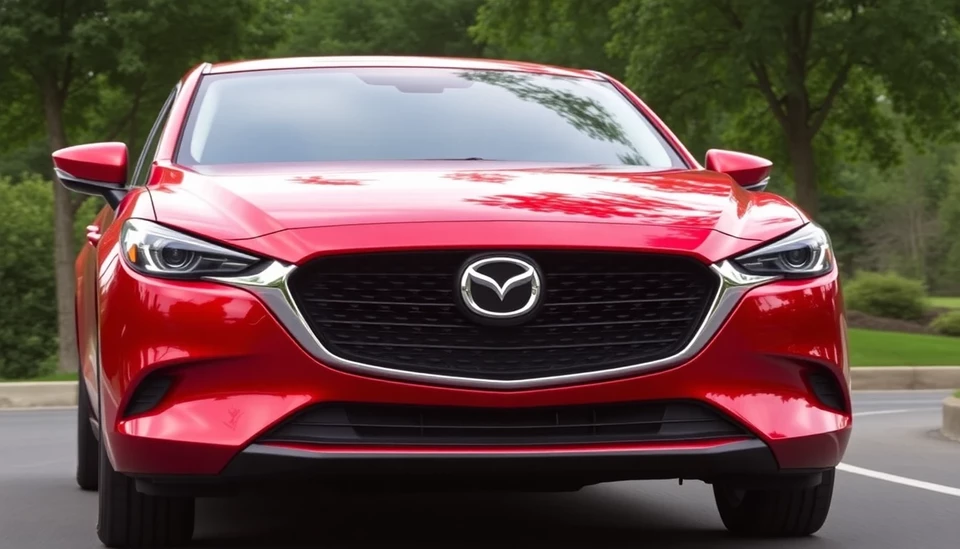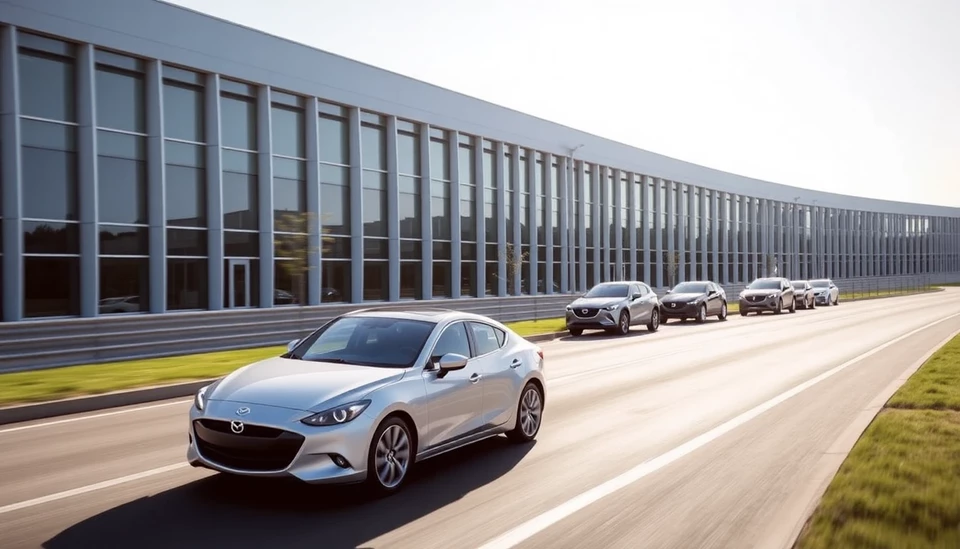
In a significant development for the automotive industry, Mazda's substantial investment plans in Mexico are currently dependent on the potential tariff decisions set to be made by former President Donald Trump. This situation arises amidst ongoing complexities and uncertainties regarding trade relations between the United States and Mexico.
The Japanese automaker, known for its innovative vehicles and sustainable practices, has been eyeing a major capital investment in a new facility in Mexico. However, the viability of this project is uncertain as the company awaits clarity on the implications of tariffs on automotive imports. This decision will greatly influence not only Mazda's operations but also the broader context of the North American auto market.
Trump, who has previously advocated for protectionist trade policies, notably implemented tariffs on Mexican goods during his presidency. The current landscape suggests that his potential return to power could reinstate or revise these tariffs, significantly impacting manufacturing firms like Mazda. A shift in tariff policies could either incentivize or hinder Mazda's planned expansion, depending on the direction chosen.
Sources within the industry indicate that Mazda is not alone in this predicament; other automakers are similarly monitoring the evolving political landscape with cautious optimism. Companies operating within Mexico must navigate the intricacies of supply chains, labor costs, and trade agreements while remaining mindful of the potential fallout from tariff changes.
The possible return of Trump's administration has reignited discussions around energy independence and domestic manufacturing. Many companies are now reevaluating their foreign investments, weighing the cost-benefit of building manufacturing plants overseas against potential tariffs that could erode their profit margins.
As stakeholders await the final tariffs announcement, market analysts are advising companies like Mazda to develop contingency plans. The uncertainty surrounding trade relations adds a layer of complexity to corporate strategy, and firms are encouraged to be agile and responsive in their investment decisions.
The outcome of Trump's tariff decisions could potentially reshape the landscape of the automotive industry in Mexico and beyond, making this a pivotal moment for Mazda and its competitors. The interplay between trade policies and manufacturing investments will continue to be a focal point for industry watchers as the situation unfolds.
In conclusion, the next steps by Trump regarding tariffs on Mexican imports are crucial not just for Mazda but for the entire automotive sector. The potential for tariffs to disrupt supply chains and impact pricing strategies cannot be overstated. Stakeholders are buzzing with anticipation as they watch closely for any developments that could steer the future of manufacturing in this key region.
#Mazda #MexicoInvestment #Tariffs #DonaldTrump #AutomotiveIndustry #TradeRelations #Manufacturing #USMexicoTrade
Author: Samuel Brooks
